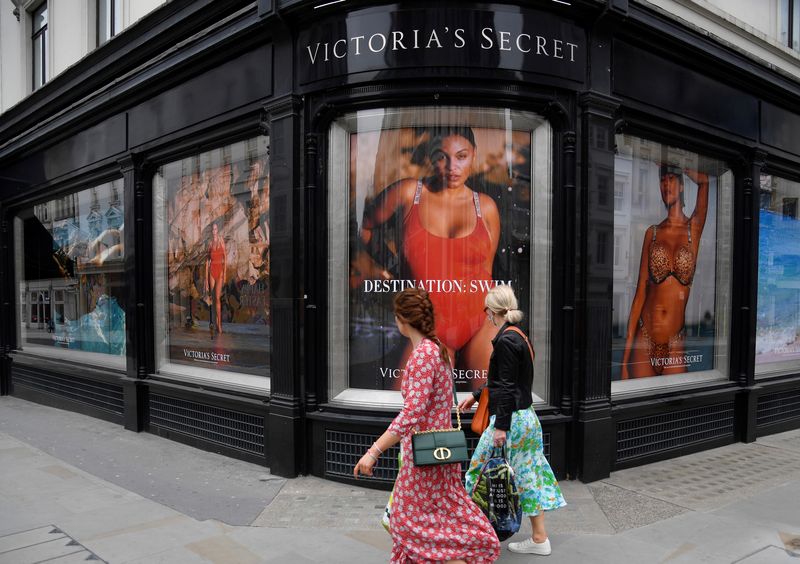Analysis-Global retailers' tariff strategy risks spreading pain beyond US consumer
By Helen Reid and Francesco Canepa
LONDON/FRANKFURT (Reuters) -Global retailers including sandal maker Birkenstock and jeweller Pandora are looking at spreading the cost of U.S. tariffs by raising prices across markets to avoid big hikes in the United States that could hurt sales.
A global presence gives large retailers an advantage to minimise higher tariff costs in the U.S. But it is putting central banks on watch as the strategy could fuel inflation in other markets like the European Union and Britain, where consumer prices have finally started to stabilise.
Birkenstock's chief financial officer said last week that a "low-single-digit" price increase globally would be enough to offset the U.S. tariff impact.
Pandora CEO Alexander Lacik said the Danish company is debating whether to raise prices globally or more in the U.S., its biggest market.
"Companies are really thinking about distributing the tariff," said Markus Goller, partner at consultancy Simon Kucher in Bonn, Germany. "A manufacturer from outside of the U.S. might say, OK, I cannot increase my prices to the U.S. market that much, so I will do a little increase in the U.S., and a little increase in Europe, and in other markets."
U.S. President Donald Trump has imposed a blanket tariff of 10% on all global imports and is threatening higher so-called "reciprocal" tariffs on its trading partners.
When U.S. behemoth Walmart said it would have to raise prices in response to tariffs, Trump ordered the world's biggest retailer via social media to 'eat the tariffs'.
Announcing price increases in non-U.S. markets could be a way for retailers to avoid a similar backlash from Trump.
"Obviously if your products coming into the U.S. are now subject to tariffs, then math says that you have to raise your prices in the U.S.," said Jean-Pierre Dubé, professor of marketing at the University of Chicago Booth School of Business.
"But you don't want to be accused by the White House of raising prices purely because of U.S. tariffs, so if you can demonstrate that your prices are going up everywhere then... it's kind of a shield."
Retailers could raise prices on certain products or in certain markets where consumers are less price-sensitive, and use that to subsidise other products or countries where price hikes would hurt sales more, said Jason Miller, professor of supply chain management at Michigan State University.
"Maybe a U.S.-only firm has to raise (U.S.) prices by 12%. But you, as a global firm, raise prices by 8% because you can play with pricing in other markets," he said.
Latest News
- Seaport Research Initiates Coverage of Starz Entertainment (STRZ), Sees Potential for Higher Valuation
- Tesla's Texas Plan B if Delaware won’t reinstate Elon Musk's pay. It's not about the money, says Elon.
- Bond Buyers’ Strike in Japan Could Cast a Long Shadow on the Treasury Market
- Victoria's Secret adopts 'poison pill' after Australian billionaire's firm raises stake
- Time Finance survey reveals 70% of SMEs miss out on broker support for growth
- Northland Initiates Coverage of Hallador (HNRG) Stock, Cites Data Center Contract Potential













